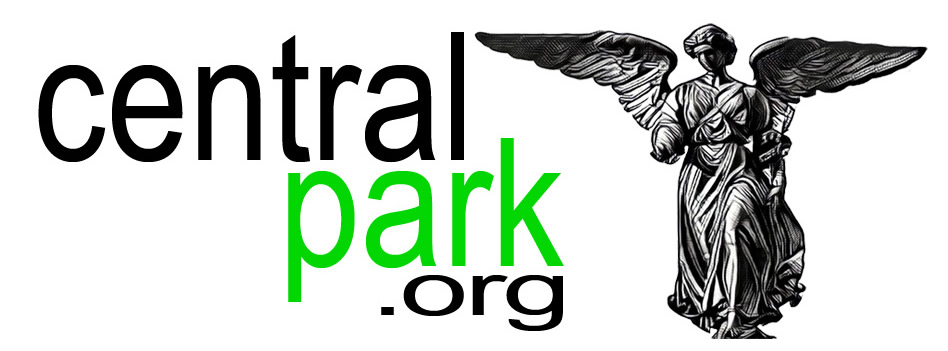Shakespeare in the Park is one of the highlights of the summer, a celebration of everything magical about New York City, the Theater and Central Park. It’s creation, by Joseph Papp, over the objections of the all powerful Robert Moses is the stuff of legend. The tradition of free theater in this era of corporate excess and budget cutbacks is truly inspiring and the Public Theater’s management of the Annual Festival is flawless given the challenges of mounting two separate productions during the same three month period, not to mention the weather and logistics of fair ticket distribution.
But, that doesn’t mean you’re always going to like it.
I will admit, at the very outset, that I can’t think of one time I’ve said the words “Wow, that Greek Chorus, they really made the play.” Or “Wow, that Greek Chorus, I loved the way they outlined the plot in sonorous chanting” or even “Wow, that Greek Chorus, they really didn’t make my skin crawl.” This may mark me as the rankest philistine. And I would welcome enlightenment at the feet of a theater scholar, explaining, once again, the history and purpose of those bleacher bums of dramaturgy. I would just gently suggest that they don’t use the current production of Euripides’ “The Bacchae” at the Delacorte Theater in Central Park to make their case.
Dionysus has returned to Thebes to make pay back to everyone for doubting his god-hood – and this especially includes his mom’s family, the royal tribe of Cadmus. For some reason they have denied the fact that Zeus was his father and that he is a god. Jonathan Groff’s portrayal of the Greek deity is almost perfectly balanced between precocious and powerful, while being oddly dressed like John Cougar Mellencamp circa 1984. This choice in costuming seems even more jarring when compared to the aforementioned chorus, which is inexplicably dressed like extras from the original Star Trek. And not the cute little uniforms either – these were bright orange, billowy things, sort of bouffant unitards. Just a thought – if the play is about Dionysus, the god we can thank for debauchery, drunkenness and erotic excess, shouldn’t someone on stage look, well, sort of hot? And no, I’m sorry, we can’t count Groff’s Elvis Fonzerelli look. The rest of the performances ranged from very good to adequate, with Anthony Mackie’s turn as Pentheus, the conservative king of Thebes, a stand out. Come to think of it – Mackie in drag, as he is led off to spy on the bacchantes, is also the sexiest female on stage.
Now, as I’ve pointed out already, I am anything but a theater scholar, and I won’t pretend to be that familiar with this play. I do question this interpretation of the play for the Shakespeare in the Park Festival. Did we have too much fun during the wonderfully exuberant production of “Twelfth Night” earlier this summer? Was it payback time? And it’s also not that I don’t enjoy classic Greek tragedy. I have sat spellbound through productions of “Medea” that still give me goosebumps, and that’s not exactly light fare. In this case I have to say that by the climax of “The Bacchae”, with Pentheus’s mom, Agave, ranging about the stage, ecstatic, screaming, drenched in gore and waving around the blood soaked skull of her son (who, in death, has oddly changed ethnicity) was a bit much on an already much too humid August night. Any emotional connection I might have felt for the woman was overwhelmed by a voice in my head that kept saying “She looks like Carrie on prom night.” Hmmm. Maybe the dramatic structure was undermined by the team of orange clad gymnasts that looked like they were going to break into the backup vocals of “Summer Nights” at any moment. But what do I know.
Otherwise the musicians were excellent and Philip Glass’s music was remarkable, although it did seem somewhat misplaced at times. I do love the idea that we were getting to experience Greek Theater the way it had originally been staged, outdoors, under the sky. Only back then they had probably never seen the Fonz, the Starship Enterprise or Grease.

